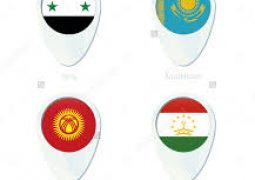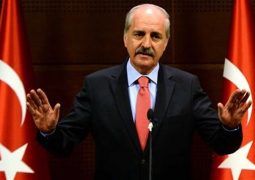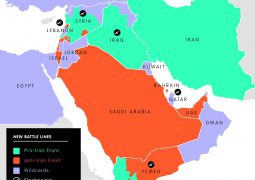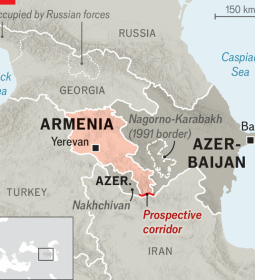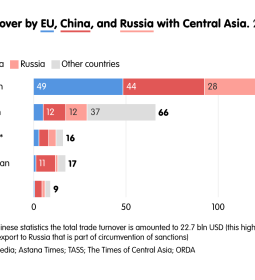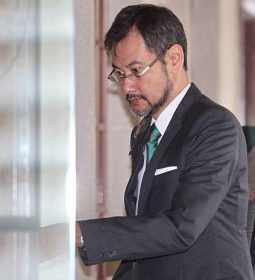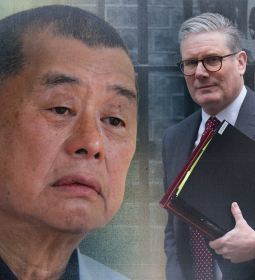Journalists in Central Asia learn to talk the Afghan Taliban

CABAR.asia expert Inga Sikorskaia offers recommendations to journalists on what terminology to use when reporting on the Taliban and other radical movements.
Within the current context, media and journalists in Central Asia face the following dilemmas: How to cover issues happening in Afghanistan now? How to communicate information to the audience while describing the Taliban, whose image has been presented mainly in reports on terrorist attacks for almost 20 years? Can journalists offer audiences updated and redesigned narratives about a seemingly ex-terrorist group, while complying with standards and ethics?
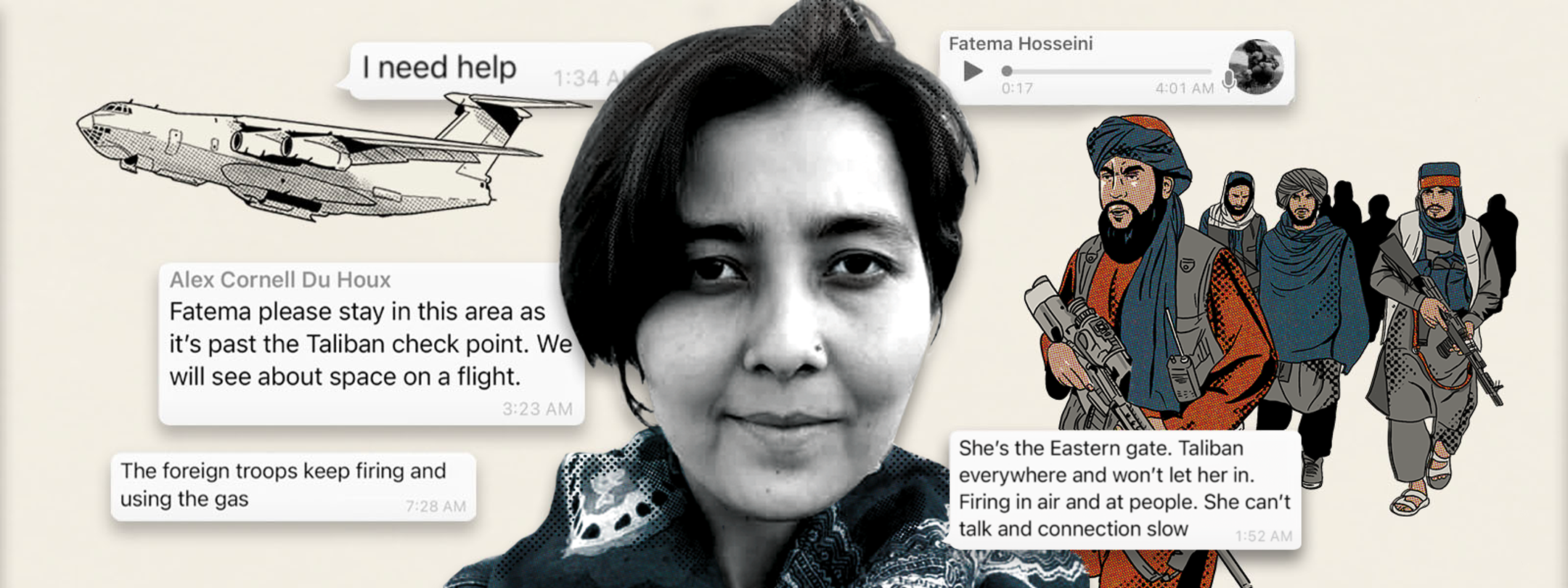
Conflict-sensitive approaches, peace and solutions journalism tools, and new media formats can help create strategies to offer audiences a sufficiently clear and objective story.
Kazakhstan was the first Central Asian country to officially remove the Taliban from the list of banned terrorist organizations. President Kassym-Jomart Tokayev said Astana took this step based on “the importance of developing trade and economic cooperation with present-day Afghanistan and understanding that this regime is a long-term factor.”
Kyrgyzstan’s Foreign Ministry soon reported the same decision, emphasizing that it was “aimed at strengthening regional stability and maintaining a dialogue.”
In Uzbekistan, the Taliban were not included in the 2016 list of 22 terrorist organizations banned by the Supreme Court of Uzbekistan. After the Taliban came to power, official Tashkent opened the Uzbek-Afghan border for the delivery of essential goods and humanitarian aid.

As far as Turkmenistan is concerned, it had been in contact with the Taliban representatives even before they came to power amid growing tensions over the paramilitary attacks across Afghanistan. On September 11, 2024, in the border town of Serhetabad, Turkmenistan and the Taliban representatives relaunched the Turkmenistan-Afghanistan-Pakistan-India (TAPI) Natural Gas Pipeline Project. This large-scale project was first initiated almost 10 years ago.

Tajikistan’s government is the only Central Asian government that has not improved relations with the Taliban. Tajikistan is the strongest critic of the Taliban in Central Asia. Immediately after the Taliban takeover, Rahmon vowed not to recognize the Taliban’s Islamic Emirate as it was “formed through oppression.” He has criticized the Taliban for ignoring the rights of ethnic Tajiks in Afghanistan and vowed his support for an inclusive government in the country. However, in mid-September 2024, the media reported on the “unofficial visit” of the head of Tajikistan’s State Committee for National Security (SCNS) Saimumin Yatimov to Kabul and his meeting with the Taliban security chiefs. It was noted that the visit was made to “strengthen bilateral relations between Tajikistan and the Taliban”. Economic interests play their role. Tajikistan exports electricity to Afghanistan and has reopened five markets in border towns where goods are traded on both sides.

On the other hand, Central Asian countries are concerned about security issues.
Ms. Sikorskaia recommends that journalists define the unified terminology you will use in reporting on Afghanistan-related topics.
The most suitable topics reportedly may include: joint infrastructure projects and trade cooperation; energy exports; joint water use and risks; climate change and its impact on Central Asia and Afghanistan; irrigation water losses and disaster risk; security issues, countering terrorism and drug trafficking; and humanitarian aid and sport.
Many media avoid reporting on this sensitive issue amid Central Asian countries’ selective cooperation with Afghanistan. However, reporting on human rights violations is a journalist’s ethical obligation.

Attention reportedly should be paid to the following topics: gender segregation in Afghanistan; gender discrimination, inequality, violence, restrictions on the right to work, education, and freedom of movement; and ethnic discrimination and lack of an inclusive government.
Ms. Inga Sikorskaia is a Program Director of the School of Peacemaking and Media Technology in Central Asia, the author of several methodological guidelines for the media, and professional journalist. She has covered events in conflict zones, including Afghanistan, and worked as a chief editor for IWPR for more than 7 years. She conducts research and training on conflict and peace journalism.
- Previous Brits lost Chiagos last month – When French will sede to Kanaks their Caledonia!?
- Next By Solar and Wind enerfy Uzbekistan have generated 4 billion kWh of electricity in 9 month of 2024



